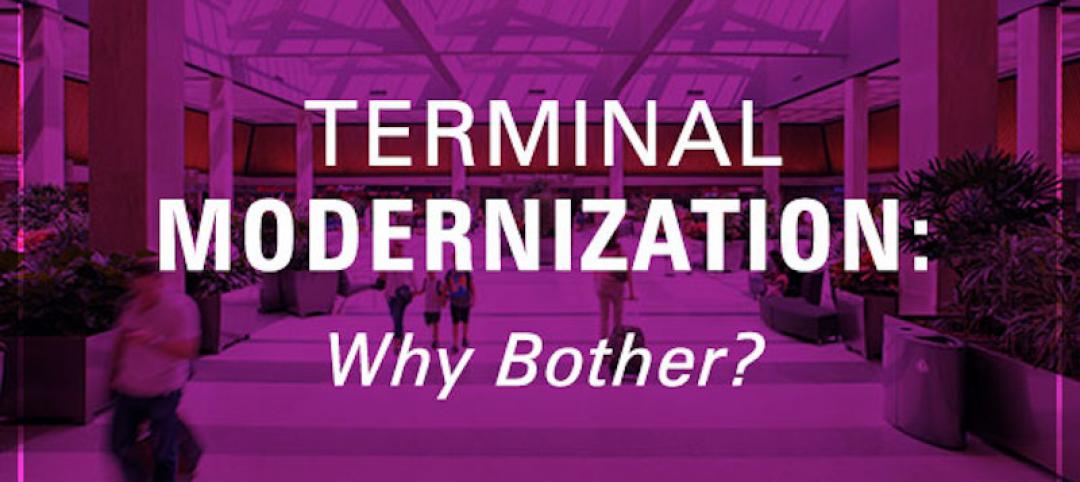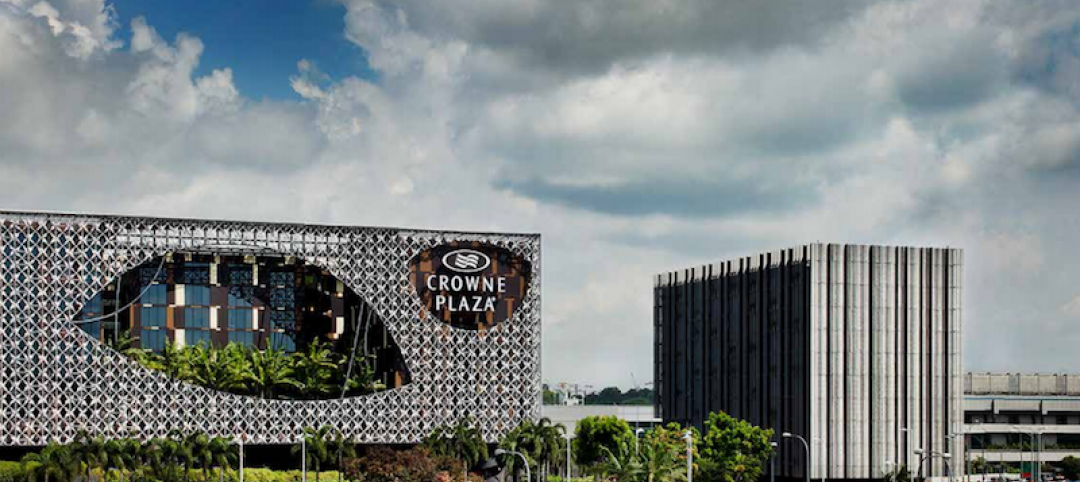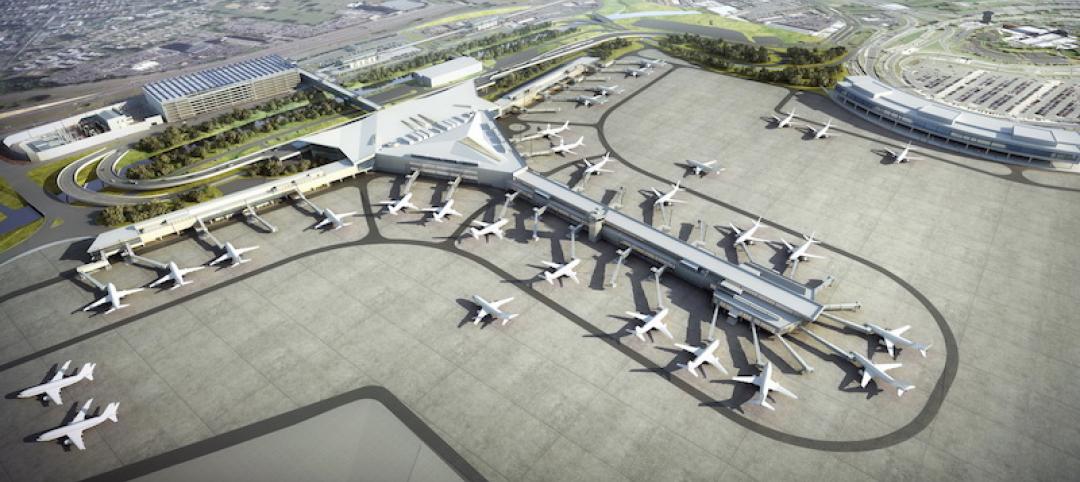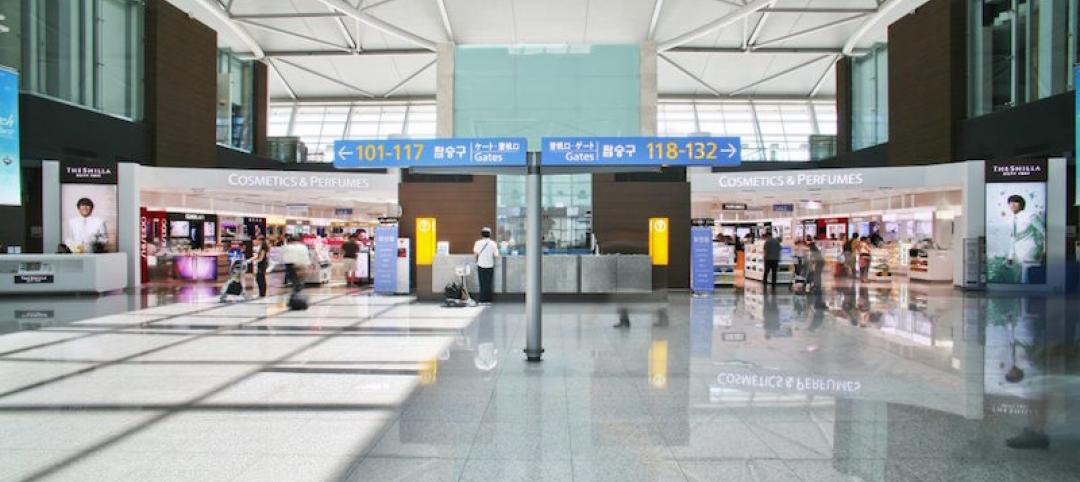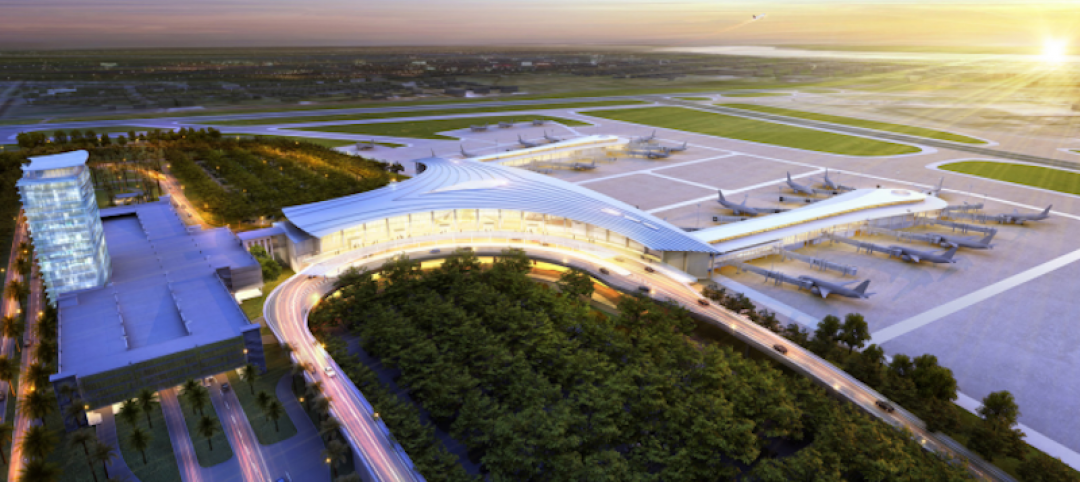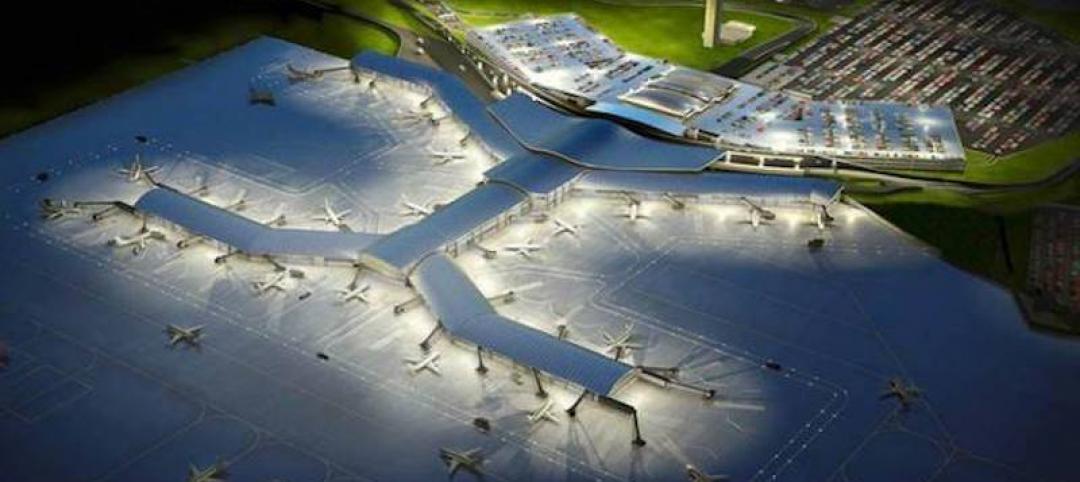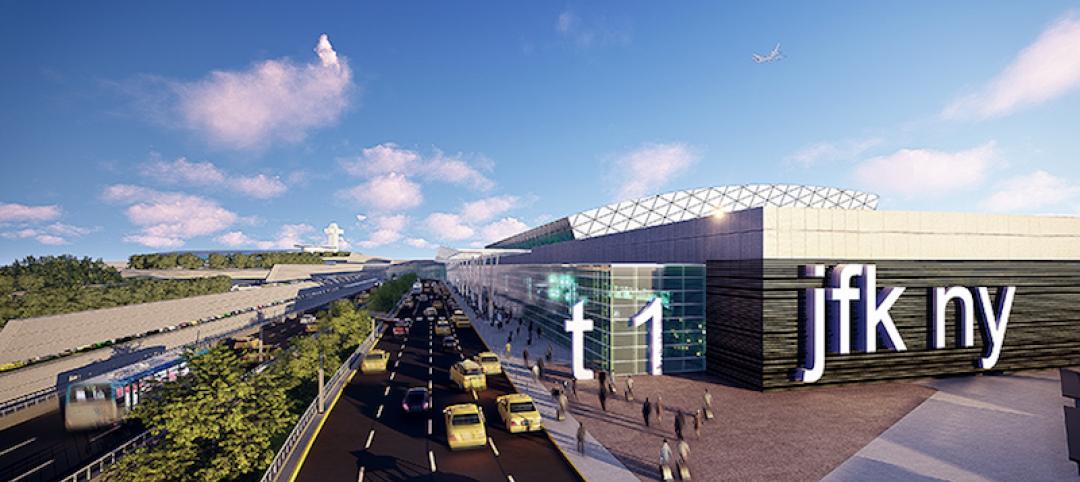Zahner announces its first venture into web-based software. The free software platform called ShopFloor, launched earlier today, contains a suite of intuitive tools for building complex architecture.
This is Zahner’s first software available to the public. However, it is not the first time Zahner developed code for architecture. In 2005, Zahner designed the first image-mosaic perforation algorithm for the de Young Museum in San Francisco. The technology behind this project made waves - Richard Lacayo stated in the Times, “what this building says is that maybe craftsmanship has a high-tech future after all,” and Julie Iovine said that “Seurat would have marveled.”
Zahner’s algorithm allowed the entire process to run smoothly on the factory floor, as though it were any other job. Zahner’s innovative new software takes this a step further. ShopFloor™ provides a user interface: a simple, easy and perhaps even fun way to produce facades not unlike the de Young Museum. Designs outputted by the software are preengineered and fabricated on Zahner’s shop floor.
“We’ve built a tool that uses our factory floor like a massive rapid prototype machine,” says CEO/President Bill Zahner, “You see the price, you manipulate your design, and we build it. This model never been applied to architecture.”
Screenshots of the ShopFloor designer in action. Photo © A. Zahner Company
Designers can see the price change as they manipulate the 3D model. This allows users to directly control and prevent value engineering of their design that would typically occur. When the design is complete and the purchase is made, Zahner produces the parts, crates the assemblies, and ships them to the job site.
The simplified design interface means that costs are greatly reduced when compared to traditional design, engineering and fabrication. “This is a truly unique approach,” says Director of Marketing, Gary Davis. “Instead of a back-and-forth design process, everything you build on ShopFloor is pre-engineered, stamped, and ready to ship.”
ShopFloor™ provides a direct interface to Zahner’s shop floor. The name, “ShopFloor” pays homage to the machines, facility, and skilled artisans with which the software gives you direct access. It is also a reference to the online store, an intuitive marketplace to design and build architectural systems.

The transparent pricing is perhaps the most revolutionary aspect of ShopFloor, giving the designer more control over the construction budget. Photo © A. Zahner Company
Zahner currently has three tools being rolled out for ShopFloor’s beta test:
• The first tool gives designers access to the system based on the company’s new headquarters in Kansas City, a fin-based shading system with flexible design parameters and a visually striking output.
• The second tool will give designers access to the ZIRA technology for creating perforated surfaces from photographs, and will be available Spring 2014 (see the de Young Museum).
• The third tool is a completely new technology, which enables designers to build standard glass and metal facades, but with a variety of customizable material claddings and will be available Spring/Summer 2014.
“With our tool, everything you design is quantifiably buildable,” says Zahner engineer Craig Long, “And quantifiably buildable designs have concrete costs. So we thought, what happens when a designer can see the cost of a facade? It’s that missing piece of the puzzle. For the designer, it’s knowledge, and it’s power.”
For more information, visit http://shopfloor.azahner.com.

Zahner’s Headquarters in Kansas City, the first facade system available for ShopFloor. Photo © Mike Sinclair; © A. Zahner Company

Detail of the fin-based facade for Zahner’s Headquarters, the first facade system available for ShopFloor. Photo © Mike Sinclair; © A. Zahner Company
Related Stories
Giants 400 | Oct 3, 2017
Top 30 airport engineering firms
AECOM, Burns & McDonnell, and Arup top BD+C’s ranking of the nation’s largest airport sector engineering and EA firms, as reported in the 2017 Giants 300 Report.
Airports | Sep 11, 2017
Terminal modernization: Why bother? Part I
A terminal modernization program can be a complicated and expensive task that airport operators may be hesitant to undertake unless necessitated by demands for increased capacity. This is the first post in our series examining why airport operators should bother to upgrade their facilities, even if capacity isn’t forcing the issue.
Hotel Facilities | Jul 5, 2017
It only took 26 days to complete construction on the Crowne Plaza Changi Airport hotel extension
PPVC techniques allowed the project to save time and manpower.
Airports | Jun 26, 2017
Newark Liberty International Airport breaks ground on $2.4 billion redevelopment project
The project includes a new 1 million-sf terminal building with 33 domestic aircraft gates.
Building Team Awards | Jun 8, 2017
Missing link: Denver International Airport and Transit Center
Gold Award: A new mixed-use transit center fulfills Denver’s 28-year plan to improve access to the nation’s fifth-busiest airport.
Airports | May 15, 2017
Five trends for airport retail
CallisonRTKL Vice President Kevin Horn pinpoints how travel retail is changing dramatically.
Reconstruction & Renovation | Mar 16, 2017
Pols are ready to spend $1T on rebuilding America’s infrastructure. But who will pick which projects benefit?
The accounting and consulting firm PwC offers the industrial sector a five-step approach to getting more involved in this process.
Airports | Feb 23, 2017
New Orleans Airport to add five additional gates and $110 million to current expansion
The project is being hailed as the city’s most transformative since the construction of the Superdome.
Projects | Jan 25, 2017
Trump prioritizes infrastructure projects, as rebuilding America is now a hot political potato
Both parties are talking about $1 trillion in spending over the next decade. How projects will be funded, though, remains unresolved.
Airports | Jan 17, 2017
JFK Airport set for $10 billion renovation
In addition to the airport itself, the overhaul will also improve road and rail access to meet projected passenger growth.





